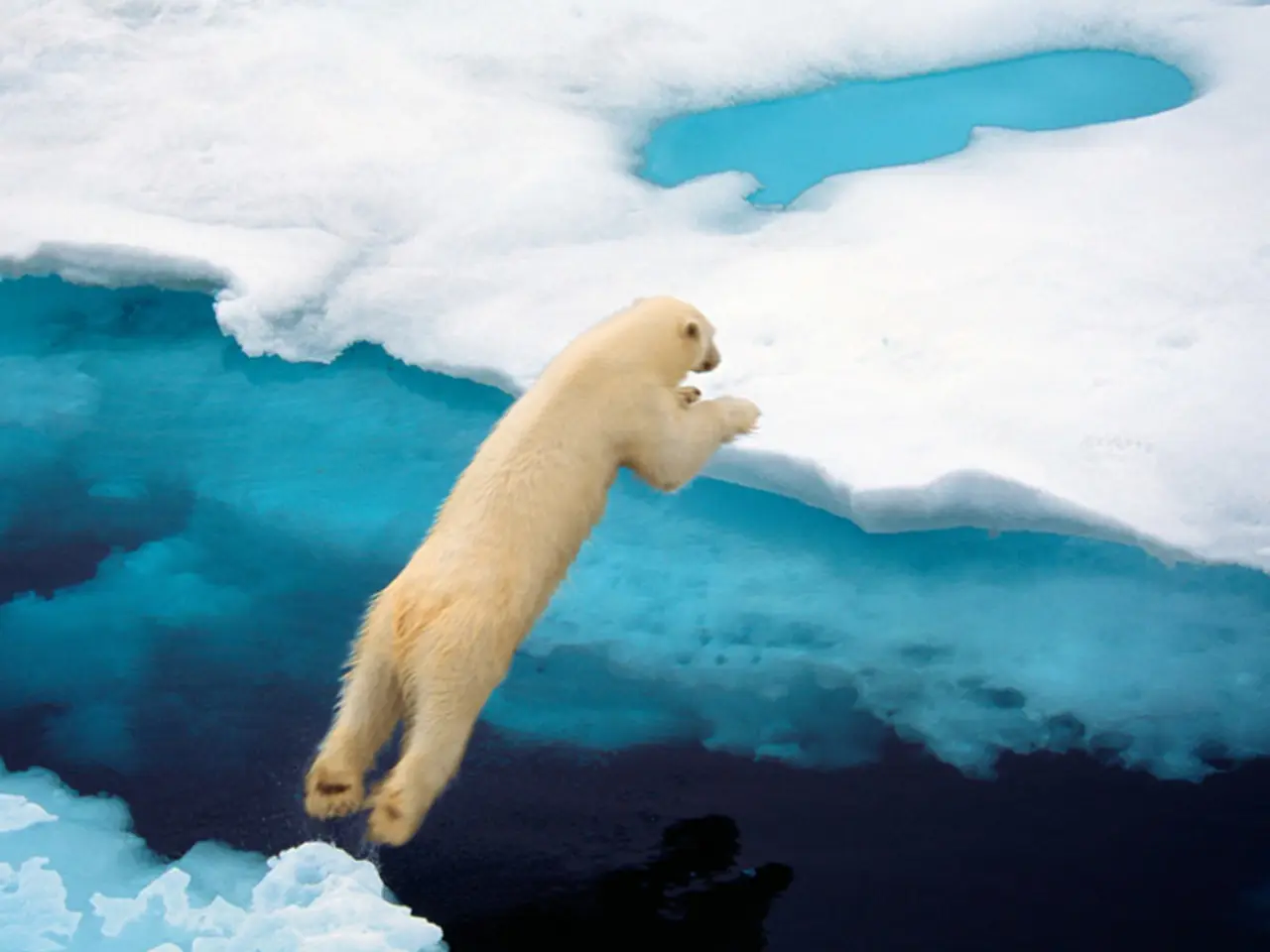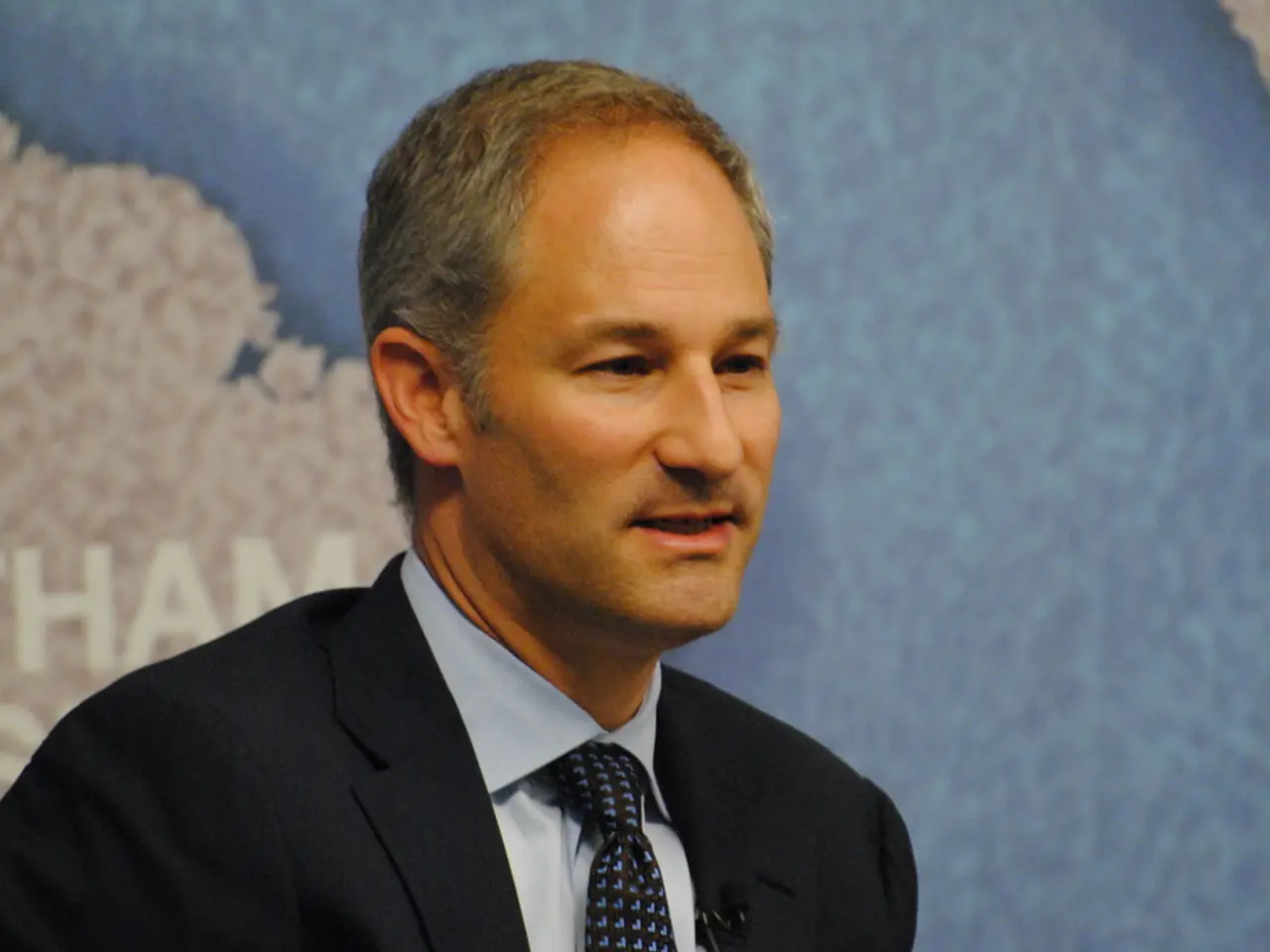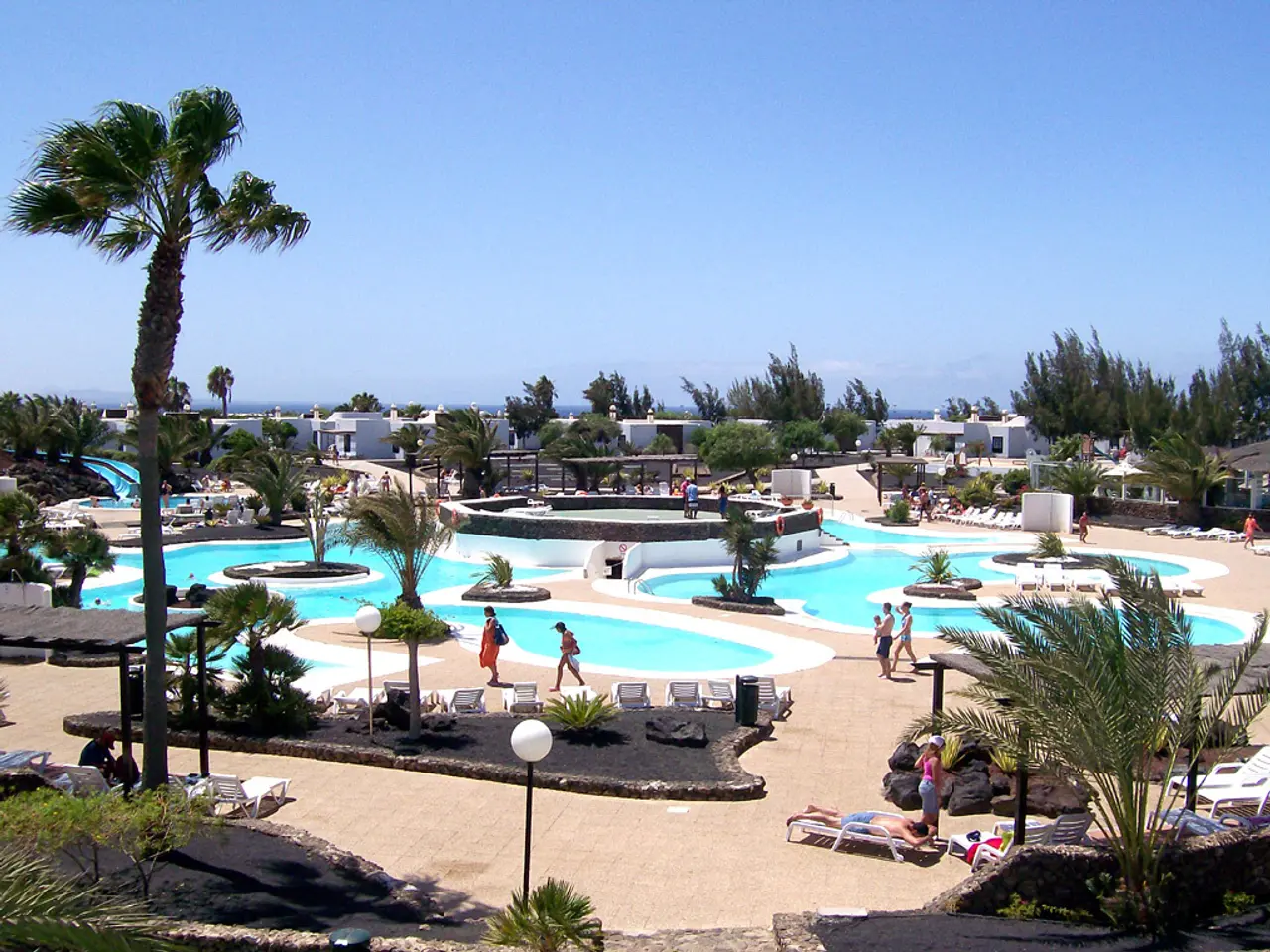Discussion on MWI Podcast: The Complex Challenges Surrounding Russia in the Arctic Region
In the wake of Russia's aggression towards Ukraine, including the February 2022 invasion, engagement with Moscow on various Arctic issues has ceased. This decision, while necessary in response to Russia's actions, raises questions about the future of cooperation and engagement in the Arctic, a region with unique governance structures and ways of addressing shared challenges.
Russia's dense network of military bases in the Arctic, aimed at protecting economic interests, projecting influence, and maintaining nuclear second-strike capabilities, could lead to an escalation of competitive military posturing if cooperative engagement is not maintained. The US and NATO already counterbalance Russia’s presence with air defenses and bases in neighbouring countries. This military competition risks provoking "excessive and illegal maritime claims," particularly around strategic corridors like the Bering Strait, increasing the potential for conflict.
Russia's Arctic development is a critical focus for its national interests, including the operation of advanced icebreakers and control over key shipping routes like the Northern Sea Route (NSR), which also serve to circumvent Western sanctions. Cutting off engagement might disrupt international dialogue that currently helps manage and regulate these sensitive economic and environmental activities.
Climate change adds further complexity. The Arctic is one of the fastest-warming regions, affecting local infrastructure and strategic calculations by Arctic states. Cooperative Arctic governance is important for addressing this. Russia’s war in Ukraine and resulting sanctions already contribute to regional instability, and ending engagement could undermine collaborative responses to climate security challenges that NATO and Arctic nations are trying to operationalize.
There are also human and cultural dimensions. Indigenous peoples in the Russian Arctic face disproportionate impacts from the war in Ukraine, including targeted conscription and cultural erosion. A halt in engagement risks neglecting these populations further and losing access to meaningful dialogue or supportive international mechanisms.
Dr. Elizabeth Buchanan, codirector of MWI's Project 6633 and author of "Red Arctic: Russian Strategy Under Putin," discusses these questions on the MWI Podcast. The podcast, available on Apple Podcasts, Stitcher, Spotify, TuneIn, or your favourite podcast app, provides insights on Russian strategy in the Arctic.
In summary, the long-term effects of halting engagement with Russia in the Arctic could include increased military tensions and competition, decreased cooperation on critical Arctic economic and environmental issues, diminished ability to address human rights and cultural preservation for Indigenous Arctic populations, and potential disruption to the delicate strategic balance in the region. Carefully calibrated policies balancing pressure on Russia with Arctic cooperation are needed to avoid long-term destabilization of this critical region.
Image credit: kremlin.ru, available via Wikimedia Commons.
References:
- Buchanan, E. (2021). Red Arctic: Russian Strategy Under Putin. Oxford University Press.
- International Institute for Strategic Studies (2021). The Arctic 2021: A New Era. IISS.
- Human Rights Watch (2021). Russia/Crimea: Indigenous Peoples Face Discrimination. HRW.
- Arctic Council (2021). Activities Suspended During Russia's Chairmanship. Arctic Council.
- North Atlantic Treaty Organisation (2021). NATO's Arctic Engagement. NATO.
- Project 6633 (n.d.). MWI's Polar Security Initiative. MWI.
- The termination of engagement with Russia in the Arctic could instigate an escalation of competitive military posturing, as Russia's military bases in the region aim to protect economic interests, project influence, and maintain nuclear capabilities.
- Absence of dialogue with Russia in the Arctic may disrupt international efforts to manage and regulate sensitive economic and environmental activities, potentially leading to increased potential for conflict, particularly around strategic corridors like the Bering Strait.







